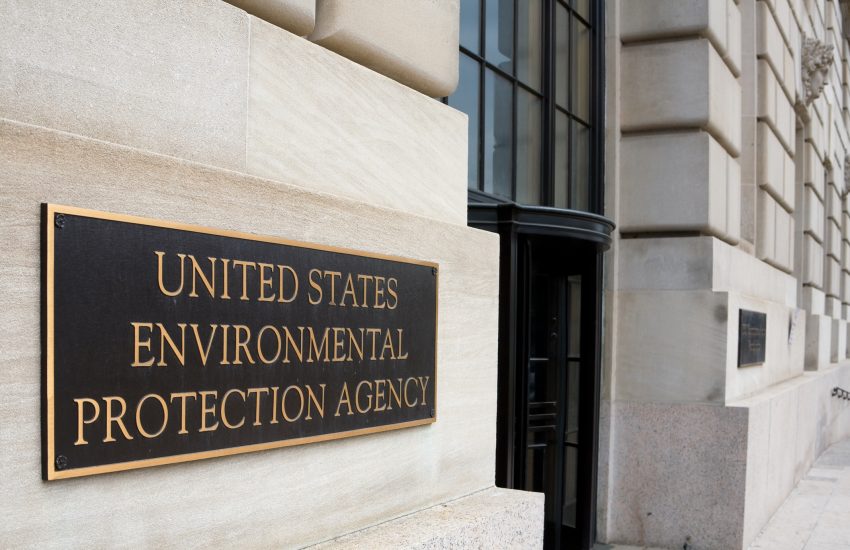Perhaps Floridians know best that the calm after the storm is really just proverbial. In truth, the environmental aftermath of Hurricane Ian may be the greater storm to overcome – one from which west Florida and the Gulf Coast may not easily recover.
Hurricane Ian unleashed a path of destruction across the southeast on September 28, 2022, when it made landfall as a Category 4 storm, devastating the state of Florida and its Gulf Coast. The catastrophic statistics are self-evident: Ian’s apocalyptic storm surge of …
Continue Reading








